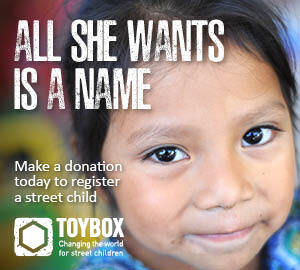Single: for better or bitter?
Singles usually fall into three basic categories: There are those who desire and choose singleness, those who are content with either singleness or marriage if they met the right person. And those who have a strong desire to be married whether single as never married, divorced or widowed.

This article is aimed primarily at those in the latter group.
Suffering
Although singleness is not commonly thought of as suffering, if one applies the definition of ‘pain, misery, or loss (of what was hoped for)’ and ‘the state or an instance of enduring pain’ to those who strongly desire marriage but do not have it, they are facing suffering that affects them emotionally, spiritually and also physically. The first step to coping is to recognise that suffering. Undesired singleness has to be faced as with any other suffering.
Emotions may run high with anger, blaming, and bitterness towards God and others. Actions may follow that are desperately trying to take matters into one’s own hands which are mainly unsuccessful. If all this is not dealt with properly, self-pity, depression and hopelessness can set in.
Going to God
The second step to coping is to bring the suffering to God in humble trust and obedience. We have to choose to submit our will to God’s will no matter what he chooses for us. At that point of complete surrender, seeing that God is God and he who rules and reigns over all knows what is best in the smallest details of our lives, we find peace and a new freedom. We tell him our desires for his glory, but we leave it on the altar of his goodness and mercy, no bargaining, ifs or buts. We are assured that he who did not spare his own Son but gave him up for us all – how will he not also, along with him, graciously give us all things? (Romans 8:32). We can trust that God will act for us in his will, way and time for our ultimate good, whether he answers Yes, No or Wait. As Pastor Tim Keller says, the Lord has in store for us far more than we can imagine, making up for all our sufferings in this life.
Living your faith
The third step to coping is living out our belief in the pursuing goodness and mercy of God (Psalm 23.6) despite the hard gifts – i.e. undesired singleness – that he gives us. We learn to give thanks in all circumstances for the daily good gifts that he sends. Ann Voskamp’s call through her blog to live out eucharisteo (giving thanks to God) can be used as a helpful practical resource – see www.aholyexperience.com
From inside to out
The fourth step is to stop focusing on ourselves and to refocus on serving others who are in the same or greater need than we are. When we step out to minister to others in our own weakness, emptiness and pain but in the Lord’s strength, we receive a filling up and overflowing of his grace. We who are ordinary become extraordinary, being used of God for his glory.
When we delight in the Lord as our one true love and source of grace and strength, we become filled with the loveliness of Christ. This is the quality that is most attractive to someone else. When we become the right person, a more spiritually beautiful person than we were before, then if God chooses to send someone who is the right person, we will be irresistible.
Learning to live with suffering is a process that happens over time. Keep on fixing your eyes on Jesus, trusting, obeying, being thankful and serving him out of gratitude for his greatest gift of salvation.
Jacqui Wright is a single Christian, an independent speech and language therapist and chair of Bedford Christian Singles friendship and fellowship group.



